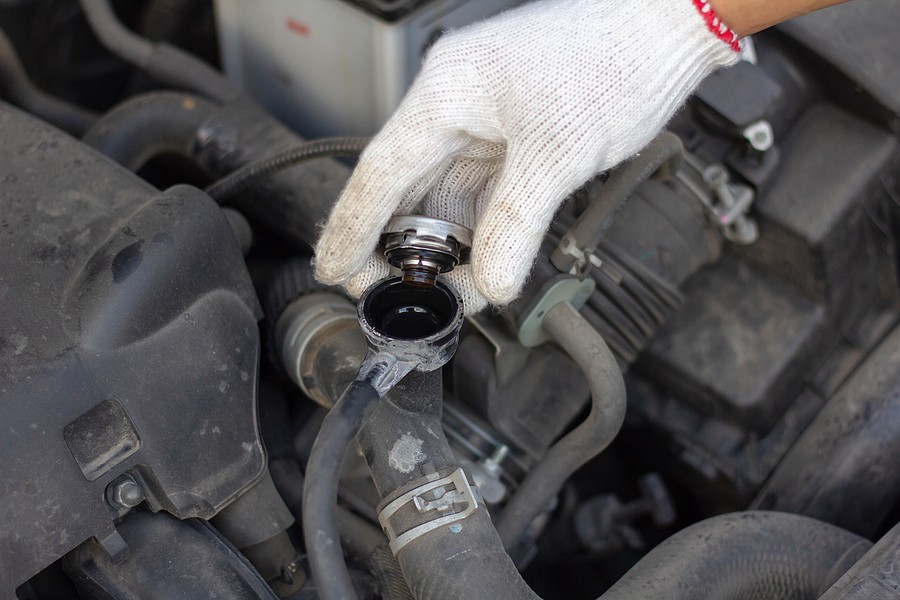If you're looking for “how to know if a coolant is leaking,” follow these simple steps:
- Check for individual paddles under the vehicle
- Monitor any dropping in the coolant level
- Check for engine overheating
- Look for weird odors
- Consider inspecting the cabin inside
Coolant leak is one of the very serious problems that many people underestimate. They could easily lead to engine overheating and damaging the engine completely, costing you thousands of dollars on repair.
Addressing coolant leaks is necessary regardless of your situation, vehicle type, and condition. The more you wait for the problem, the easier it is for the problem to evolve and cause more severe damage.
This article serves as a detailed guide to help answer the question, “How to know if a coolant is leaking?” It also highlights some action items that could help you address the problem yourself without needing a professional, recommendations for preventing future coolant leaks and situations where you must seek professional help.
What is the coolant leak, and why is it so important?
Before we dive into the details about “how to know if a coolant is leaking,” it is important for you as a car owner to understand the quote in the first place and why; it is very serious and is something you need to address immediately.
The coolant, or what's known as the antifreeze, is a very critical fluid in your vehicle that's responsible for maintaining the engine temperature within the optimum operation range. If the coolant is not at the right quantity and quality, your engine might continue overheating, leading to severe damage that could cause self-destruction.
When the count is not at the right level, it won't be able to maintain the engine temperature, and when the engine continues to overheat, it might not provide you with the right energy; you'll see a significant reduction in the engine performance, and in some situations, your vehicle might shut off completely.
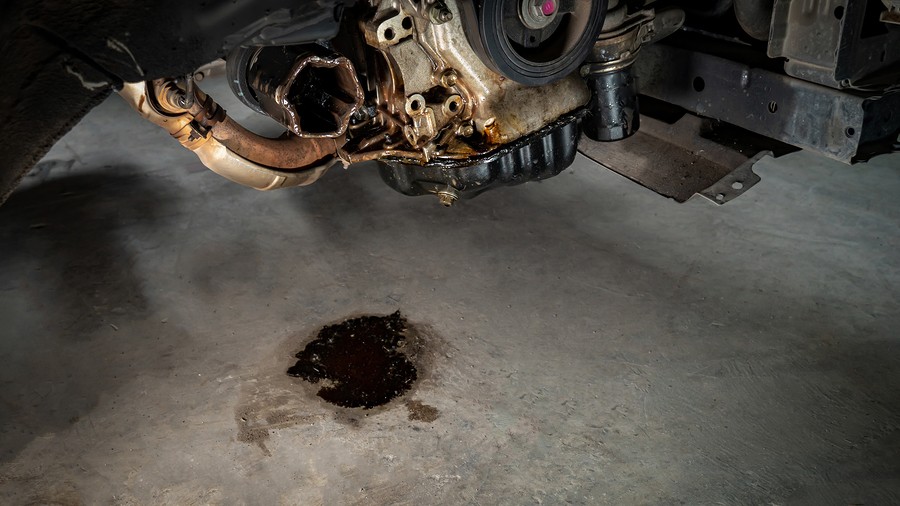
Signs of coolant leak
Now you have a general idea about what's coolant and what is so bad about coolant leaks, the next step is to understand how to detect coolant leaks as early as possible. When you detect the problem early, there might be a chance for you to fix it without needing to install major components, and you might even be able to fix it yourself without needing professional help.
The following list provides the general symptoms indicating a potential coolant leak in your vehicle. Whenever you deal with any of these symptoms, you must never underestimate them because they might be the symptoms you should be looking for to avoid dealing with these costly repairs requiring the installation of a new engine.
1- Check for individual paddles under the vehicle
2- Monitor any dropping in the coolant level
3- Check for engine overheating
4- Look for weird odors
5- Consider inspecting the cabin inside
As indicated earlier, you must confirm with your mechanic what's causing the root problem whenever you notice these symptoms. Sometimes love, heating, for example, might be related to another problem, and without performing a detailed diagnosis and confirming multiple symptoms simultaneously, it can be a little bit hard to say it's a coolant leak.
This is not to say that you always need professional help. Still, it's more of confirming the problem and ensuring that the coolant is continuously dropping or below the minimum required point, which might be why you might be dealing with some of these general problems.
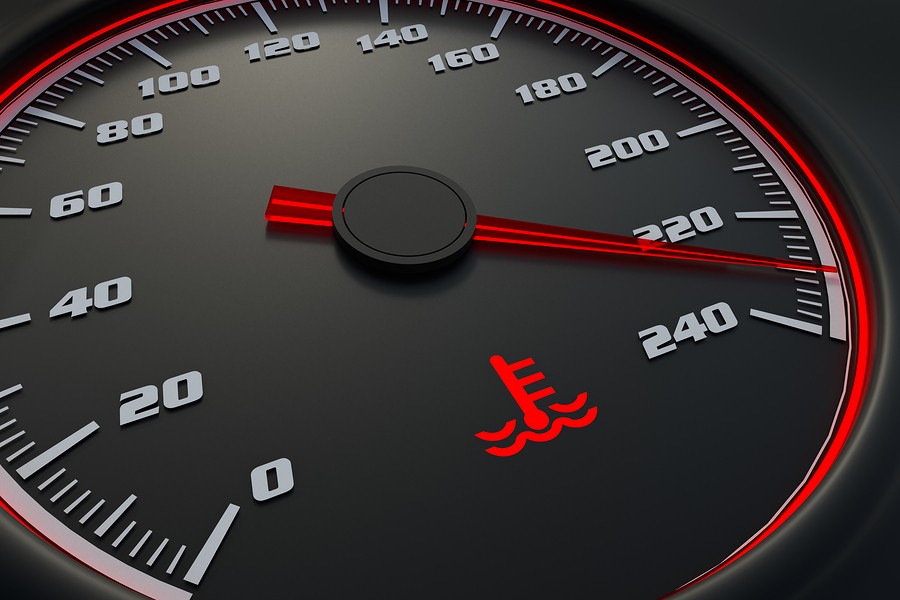
How do you detect coolant leaks yourself?
Did you know you can detect coolant leaks without going to a mechanic? Identifying the problem yourself can help you save a lot of time and money by avoiding these labor costs. If you don't have the right skills and continue to deal with the problem after addressing it, it might be a good time to check and have a conversation with your mechanic.
Here's a step-by-step process to help you detect coolant leaks yourself before you even talk to your mechanic:
- Step #1: Park your vehicle in a safe, flat area that could help you perform the test
- Step #2: Confirm that your vehicle is cooled down properly because the components might be very hot
- Step #3: Perform a visual inspection and look underneath the vehicle for any potential signs of fluid leaks
- Step #4: Take a closer look and confirm there are no spots of fluids on the engine components
- Step #5: Identify the location of the coolant reservoir and perform a visual inspection to see if it's below the minimum point
- Step #6: If you have the right tools, perform a pressure test to confirm that there are no hidden leaks
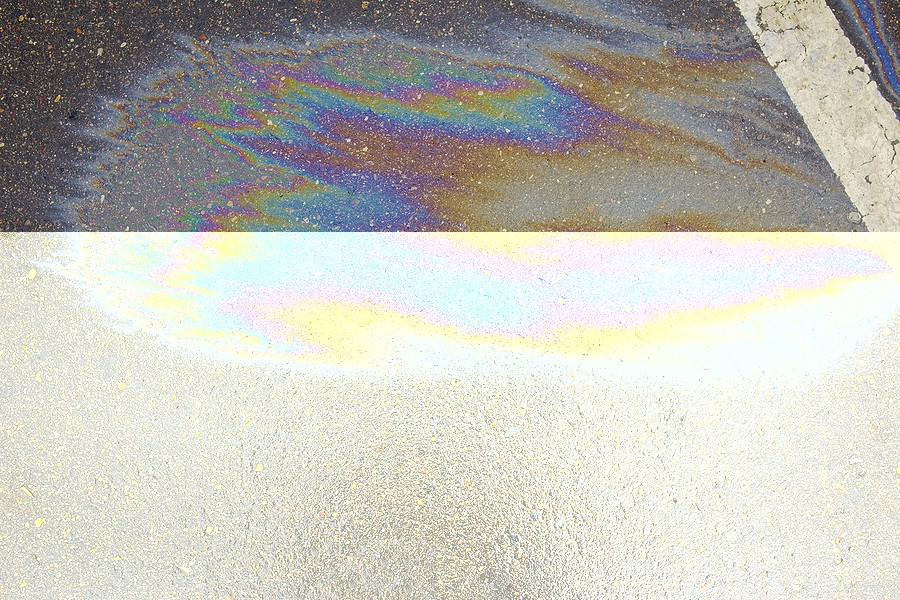
What do you need to do when you confirm a coolant leak?
If you confirm a coolant leak in your vehicle, the next step is to top it off yourself. This is not very complicated; all it takes is the following simple steps column.
- Determine the location of the coolant reservoir in your vehicle by looking at the vehicle owner's manual.
- Understand what type of quote you must use because using the wrong one might lead to further complications.
- Find the call-out reservoir, and after the vehicle is cooled down completely, open it and top up the fluid.
- Prevent overtopping the coolers or because you don't want to deal with additional complications.
- Confirm that there is no continuous schooling leak because if the problem concerns an internal leak, your mechanic needs to address the broken seals and fix the damage.

How to prevent coolant leaks in the future?
Coolant leak does not happen on its own because there might be some actions you might be doing or certain maintenance that you are ignoring that could be leading to this problem. Therefore, if you're interested in preventing this problem from happening in the future, you might want to follow These are combinations by automotive experts.
These recommendations do not mean that you're not going to deal with any coolant leaks in the future, but they will slow down the unnecessary ones that you could control.
- Keep up with regular maintenance and check the cooling system continuously
- Consider performing a coolant flush when the coolant quality is not good
- Look for any potential signs of contamination in the coolant
- Avoid problems that could lead to overstressing your engine, which might cause seal break
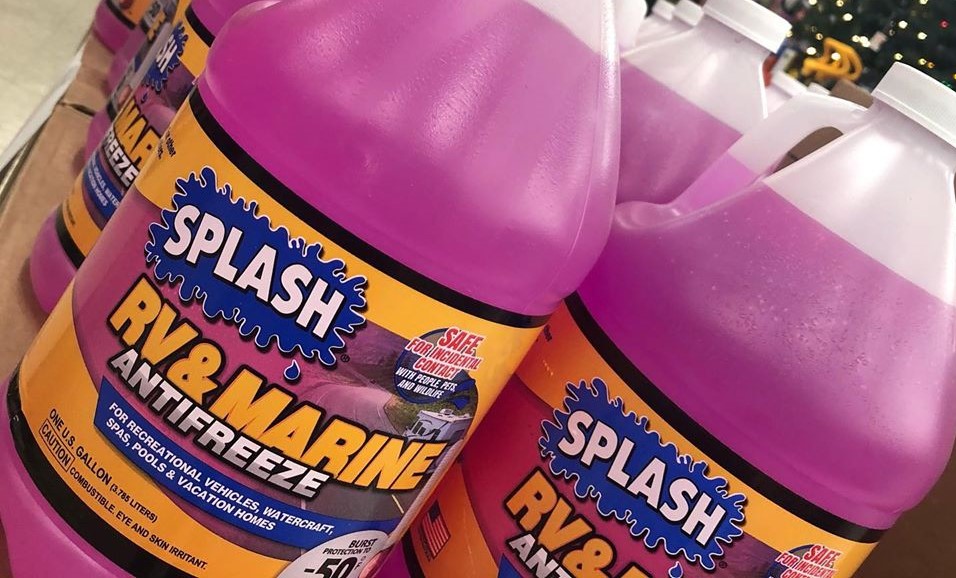
When to seek professional help?
As we indicated, many coolant leak problems might be resolvable if you identify them and have the right tools. However, there are some situations where you have to consult your mechanic immediately.
For example, if you're driving your car on the highway and suddenly realize that smoke is coming out of the vehicle hood, it is very serious. You have to pull over in a safe area and consult your mechanic as soon as possible.
It would be best to watch out for other severe scenarios, like noticing some big puddles of fluids underneath your car and confirming it's a leak from the cooling system. In many scenarios, driving your car a single inch during this situation can lead to severe damages you don't want to deal with.
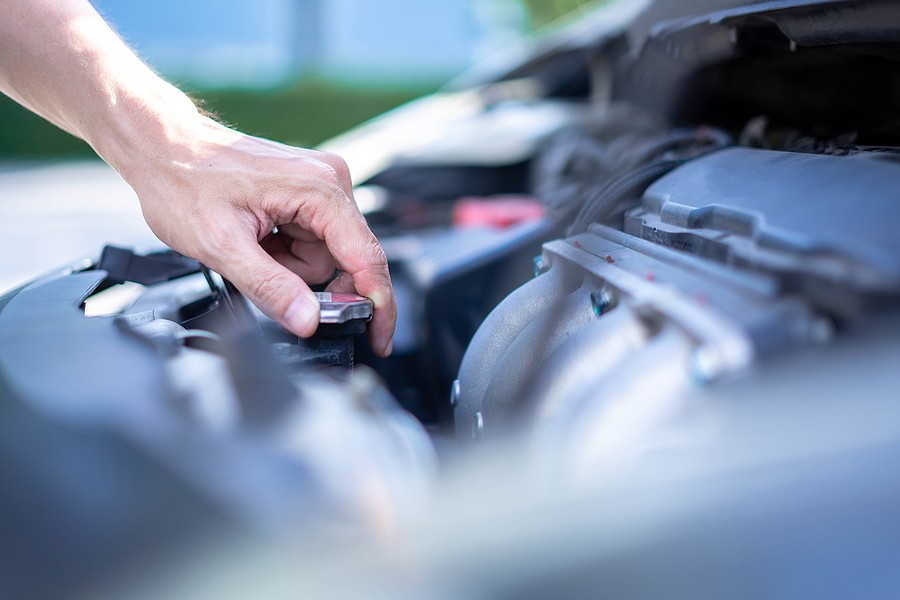
How do we know if the coolant is leaking? Final Thoughts
If your car coolant leaks, it might lead to many problems, including engine overheating and other severe damages that could cost a lot of money on repairs. Understanding if coolant leaks is very important for you as a car owner, regardless of your vehicle type and condition.
This article highlighted all the potential symptoms that could help you identify a coolant leak. It also provided recommendations about what must be done when the coolant leaks and when it's the right time to seek professional help.
As a car owner, you must avoid costly repairs whenever you notice any of the mentioned symptoms in this article, just the problem as soon as possible. However, it could be the time that your vehicle is beyond repair, and if that's the case, you might want to consider selling it.
Cash Cars Buyer is always here to help you, and if you were planning to sell your car because of its problems, we could always help you. All you need to do is to provide us a call at 773-791-4363.
If you're interested in similar posts, we highly encourage you to visit our blog by clicking here!

